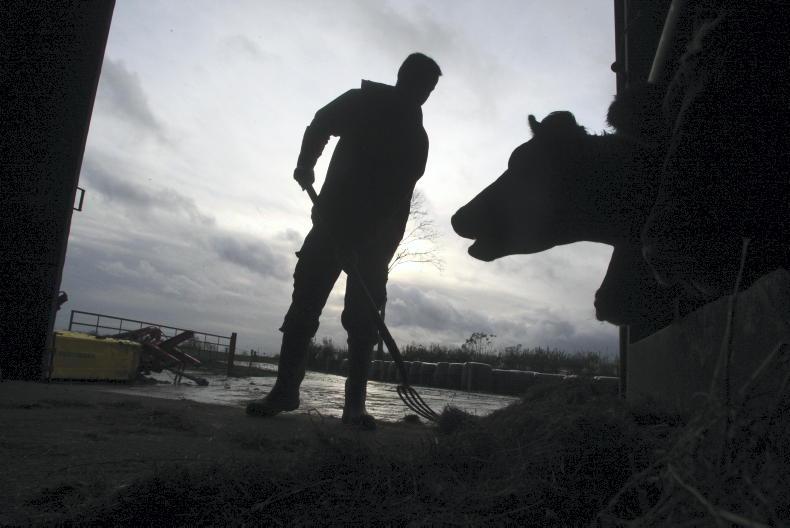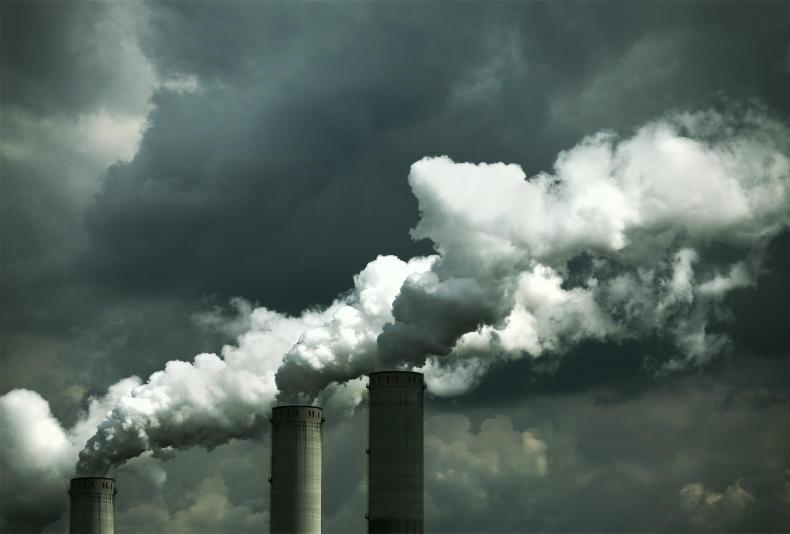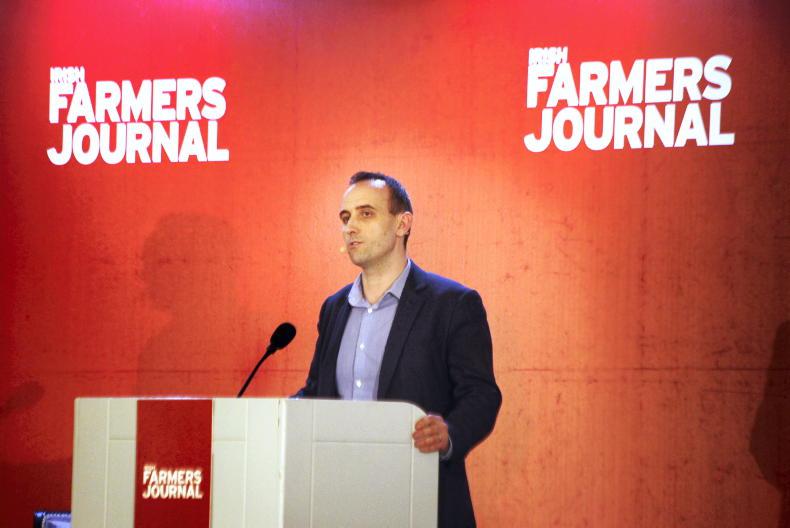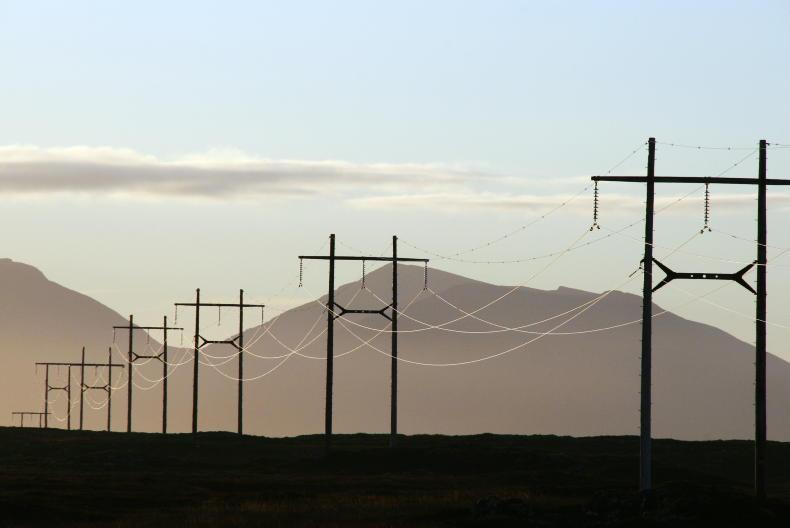Rural Ireland risks facing a €4bn hit to the economy and the loss of 56,400 farming-related jobs if a 30% reduction in carbon emissions is imposed on agriculture by 2030.
The stark figures are included in a KPMG economic impact assessment, commissioned by the Irish Farmers Journal, of the various options available to the Government to reduce national emissions by 51%.
The setting of national carbon budgets by the Climate Change Advisory Council on Monday clears the way for Government to announce sectoral emissions ceilings next week.
Ahead of these targets being set, the KPMG analysis shows that the rollout of both existing and new emission-reduction technologies enable agriculture to cut carbon emissions by 13% to 18%.
Any Government target beyond this level, however, will exceed the scope of available technologies and require a reduction in cattle numbers.
The Government is currently considering a target reduction range of 21% to 30% for agriculture up to 2030.
Herd reduction
Introducing a 21% carbon reduction target would require a 5% to 6% cut in cattle numbers.
Such a target would also reduce beef and dairy profits by 7% and 13% respectively, cut agricultural output by €1.1bn, and result in the loss of 10,000 jobs.
The KPMG analysis shows that a 30% reduction would require a 20% cut in cattle numbers, even with the rollout of all available technologies.
Farm income would collapse by one-third.
A 50% cut in emissions would be even more devastating.










SHARING OPTIONS